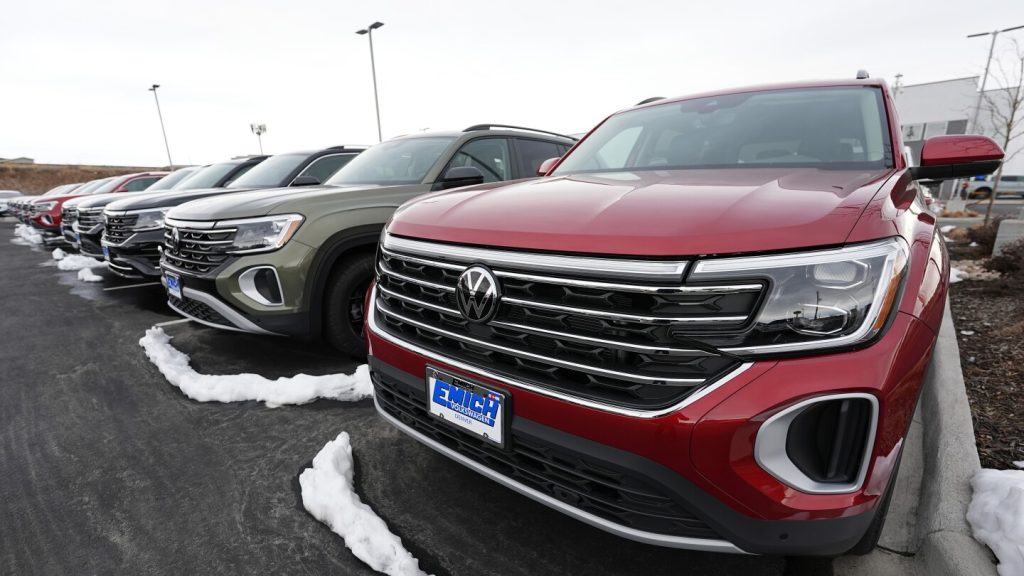New vehicle sales in the U.S. increased by nearly 5% in the first quarter of the year, despite high interest rates. Automakers sold almost 3.8 million vehicles during this period, with the average sales price decreasing by 3.6% compared to a year ago. The increase in sales was attributed to dealers reducing prices and offering more discounts, including lease deals. Electric vehicle sales, however, only grew by 2.7% during the quarter, far below the previous year’s growth rate of 47%.
The slowdown in electric vehicle sales, led by Tesla, suggests that automakers may have rushed to pursue EV buyers without considering the concerns of mainstream consumers. Early adopters and environmentally conscious individuals have already purchased electric vehicles, leaving automakers to deal with more skeptical buyers who are worried about charging infrastructure, battery life, and insurance costs. The electric vehicle market share fell to 7.1% in the first quarter, indicating a shift from the rapid growth seen in previous years.
Analysts warn that the industry may have already reached its sales peak for the season, as buyers are anticipating a reduction in interest rates later in the year. With interest rates still hovering around 7%, consumer urgency to purchase vehicles has diminished, leading to slower sales growth. Affordable vehicles are selling more quickly than expensive ones, with sales of large SUVs declining as buyers become more budget-conscious. General Motors, Stellantis, Kia, and Tesla all reported sales declines during the first quarter, while Toyota, Honda, Nissan, Subaru, and Hyundai experienced sales increases.
Despite the overall increase in vehicle sales, Tesla’s global sales were down nearly 9% during the quarter due to factory changes and shipping delays. Motorintelligence.com estimated that Tesla’s U.S. sales declined by over 13% in the first quarter. The rise in sales of hybrids and electric vehicles from other automakers indicates a growing interest in alternative fuel vehicles, but the overall slowdown in electric vehicle sales suggests that automakers may need to address the concerns of mainstream buyers in order to drive further growth in this segment. The industry will need to navigate challenges such as high interest rates, consumer skepticism, and a shift towards more affordable vehicle options in order to maintain sales momentum in the coming months.


